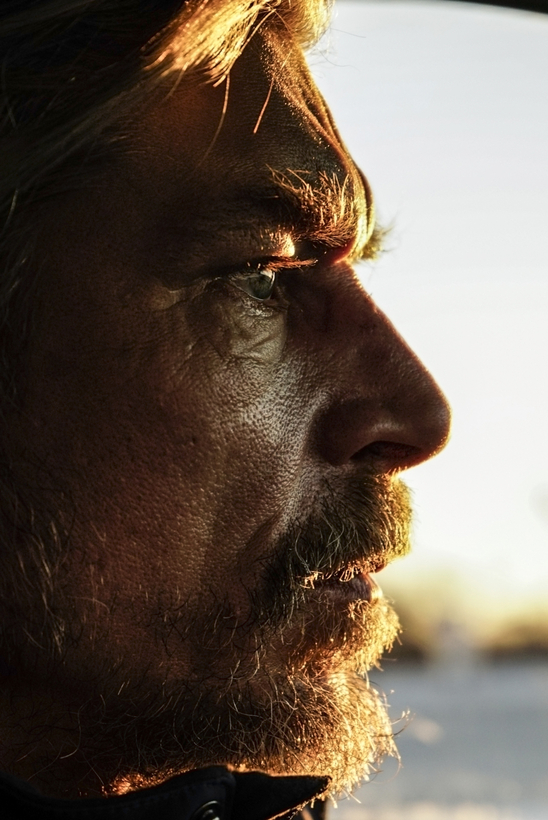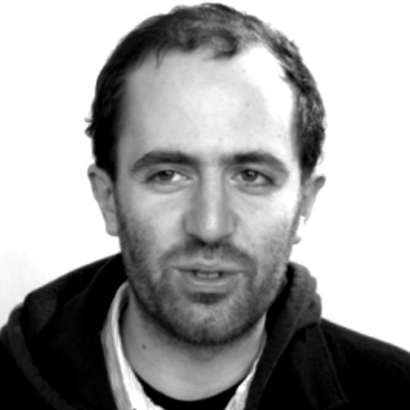I was a My Struggle completist. I was taken not so much by the scope of Karl Ove Knausgaard’s six-volume project but by its relentlessness in scrutinizing the predicament of a man with a Romantic temperament born into a modernized, bureaucratized, and banalized world. As a service to the uninitiated, here, in descending order, is how I rank the six volumes: Six, part three (wife’s nervous breakdown); Two (the ecstasies of love and the agonies of parenthood); One (dad’s dead); Five (becoming a writer); Four (high school and its aftermath); Six, part one (how I wrote the previous books and what it did to my life); Three (childhood); Six, part two (the essay on Nazism).
So: What to do after you become an international literary sensation for writing an autofictional epic disclosing every detail of your life, angering your litigious relatives, and implicitly comparing your grandfather, your father, and yourself to Hitler? Knausgaard’s answer in the wake of My Struggle has been a three-stage process.
First, he cashed in with the finely written but slight Seasons Quartet: four books of diaristic musings on miscellaneous subjects addressed to his daughter. (Reality intervened against the almanac form, and the third volume, Spring, was a memoir of his wife’s breakdown, shades of Volume Six of My Struggle.) Then he indulged himself: a book of letters exchanged with a friend about soccer, a book of art criticism, a collection of magazine assignments. Brain surgeons in Albania? Long-lost relatives in North Dakota who will prompt you to imagine an alternate American self? Here’s your deadline; send us the bill.
Now stage three: a return to fiction with The Morning Star. The novel both recapitulates tropes from My Struggle and adds an element of the supernatural. (Not altogether foreign to Knausgaard’s work: his second novel, 2004’s A Time for Everything, is about angels.) On the south coast of Norway, a new star has appeared in the sky, a star so bright that the rest of the celestial lights have faded beside it.
Weird things start happening. A sane man starts raving and goes missing. An insane man escapes from the mental ward and runs naked through the woods. At the local market, a priest sees the doppelgänger of the dead man whose eulogy she just delivered. Hordes of crabs march from the sea to the roadways. A brain-dead patient wakes up as medics are about to harvest his insides for organ donation. Three members of a Norwegian black-metal band have been massacred, scalped, and skinned in the forest.
The novel both recapitulates tropes from My Struggle and adds an element of the supernatural.
These uncanny and lurid happenings are observed by several narrators. Despite their well-differentiated occupations, emotional predicaments, and backstories, they will be recognizable to readers of My Struggle as versions of the author. Arne, a literature professor, is a harried father coping with the fragile mental state of his wife, Tove, by hitting the bottle. His neighbor Egil, who may be sleeping with Tove, likes to lay about reading Hemingway, Nietzsche, and the Gospels.
Egil’s old schoolmate Kathrine, now a priest, is seriously considering leaving her husband, and may be pregnant with her third child. Jostein is a hard-drinking crime reporter who’s recently been demoted to the culture desk when a cop’s tip on the black-metal murders offers him a shot at redemption. Meanwhile, Jostein’s wife, Turid, is managing the mental ward from which the patient has escaped. Just when she finds him in the woods, they both encounter something stranger and more menacing than the new star in the sky.
I haven’t even named all the narrators, but you get the picture. Across nearly 700 pages, Knausgaard mixes the cerebral, the mundane, and the downright scary in a horror thriller that’s the opposite of taut. Digressions into teenage drinking, drunken casual sex, and the nature of the eternal test the limits of suspense. Nothing cools the action like a 20-page disquisition on Kierkegaard’s notion of abandoning oneself to the divine. We hear as much from Jostein about his travails in finding just the right restroom where he can piss alone as we do about the scene of the black-metal murders.
Such is the Knausgaard way: love it or leave it. I loved it most of the time. What is it we want from our celebrated authors—something entirely different or more of the same? Without quite turning into Stephen King, Knausgaard has managed a page-turner that’s recognizably his own. The true sign of the master’s touch: he writes too much but always leaves you wanting more. The last line of The Morning Star is “It means that it has begun.” Part two is already in the works.
Christian Lorentzen is a Brooklyn-based writer


